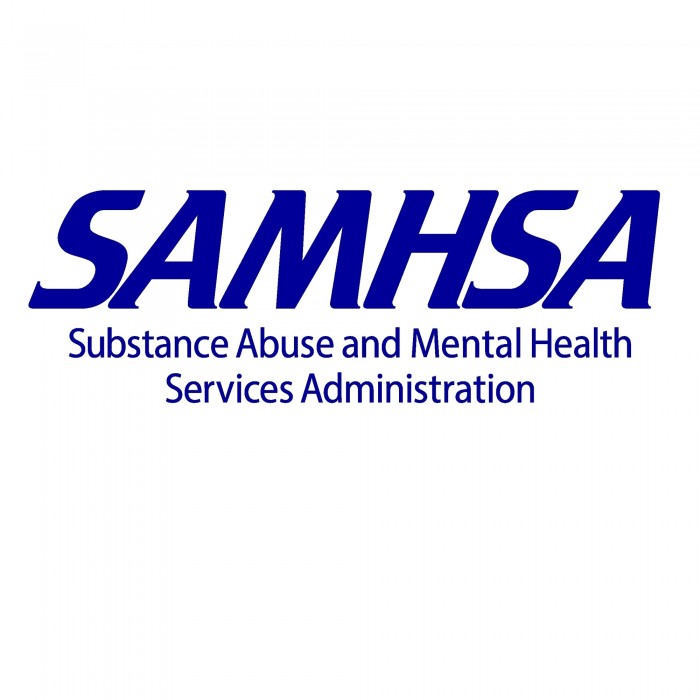This communication is to update and replace the ListServ email sent on July 20, 2020 regarding the subject: CARES Act Provider Relief Fund Payments Available for Medicaid/CHIP Providers. The U.S. Department of Health and Human Services has updated the deadline to submit the application to HRSA for this funding to be August 3, 2020 and provided a fact sheet to answer questions. This information has been updated below. Please disregard the previous communication.
The U.S. Department of Health and Human Services (HHS), through the Health Resources and Services Administration (HRSA), announced additional distributions from the Provider Relief Fund to eligible Medicaid and Children’s Health Insurance Program (CHIP) providers that participate in state Medicaid and CHIP programs. HHS expects to distribute approximately $15 billion to eligible providers that participate in state Medicaid and CHIP programs and have not received a payment from the Provider Relief Fund General Allocation. The original deadline to submit the application to HRSA for this funding was July 20, 2020. HHS recently released an announcement that the deadline has been updated to August 3, 2020. A PDF fact sheet explaining the application process has also been released to address questions.
Eligibility Requirements:
To be eligible to receive HHS’ Medicaid Provider Distribution payments, initial key eligibility requirements for Medicaid and CHIP programs and/or Medicaid and CHIP managed care organization providers include:
- The provider must not have received payments from the $50 billion Provider Relief Fund General Distribution to Medicare providers (note: if a Medicaid/CHIP provider was eligible for the General Distribution payment and rejected the payment, it cannot be eligible for the Medicaid Provider Distribution);
- The provider must have directly billed or own (on the application date) an included subsidiary that has billed a state Medicaid/CHIP program and/or a Medicaid/CHIP managed care plan for health care-related services between January 1, 2018 and December 31, 2019;
- The provider must have either (i) filed a federal income tax return for fiscal years 2017, 2018 or 2019 or (ii) be an entity exempt from the requirement to file a federal income tax return and have no beneficial owner that is required to file a federal income tax return (e.g. a state-owned hospital or healthcare clinic);
- The provider must have provided patient care after January 31, 2020;
- The provider must not have permanently ceased providing patient care directly, or indirectly through included subsidiaries; and
- If the applicant is an individual, they must have gross receipts or sales from providing patient care reported on Form 1040, Schedule C, Line 1, excluding income reported on a W-2 as a (statutory) employee.
Examples of types of Medicaid/CHIP providers that are eligible for these payments include pediatricians, obstetrician-gynecologists, dentists, opioid treatment and behavioral health providers, assisted living facilities, and other providers of home and community-based services. In order to receive Provider Relief Fund payments, eligible Medicaid/CHIP providers must take action through HRSA’s application portal and comply with the Medicaid Relief Fund Payment Terms and Conditions.
Provider Relief Fund payments will be at least two percent (2%) of reported gross revenue from patient care. Eligible Medicaid/CHIP providers can report their gross annual patient revenue through the Enhanced Provider Relief Fund Payment Portal and the final amount that a provider receives will be determined after such data is submitted, including information on the number of Medicaid patients served. HHS has issued a comprehensive set of instructions for submitting an application through the application portal.
Before applying through the Enhanced Provider Relief Fund Payment Portal, applicants should:
- Read the Medicaid Provider Distribution Instructions – PDF
- Download the Medicaid Provider Distribution Application Form – PDF
In addition, DHS encourages Medicaid/CHIP providers to carefully review the Medicaid Relief Fund Payment Terms and Conditions with their attorneys and accountants on the appropriate use of and questions about CARES Act Provider Relief Funds.
- HHS has created a listing of CARES Act Provider Relief Funds Frequently Asked Questions (FAQ).
- The complete press release is on the HHS website.
- More information about eligibility and the application process is also available on the HHS website.
Contact your division’s policy director if you have any questions.














